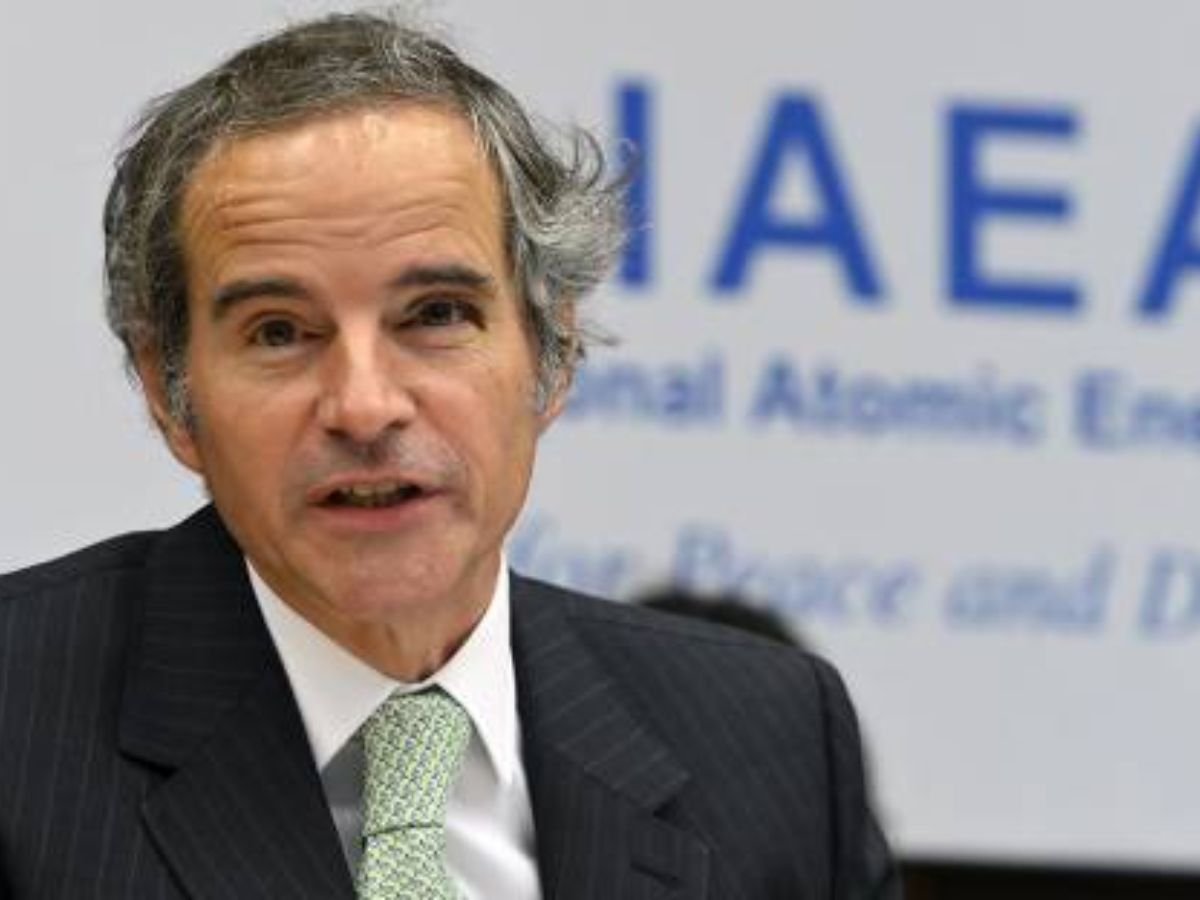The head of the International Atomic Energy Agency (IAEA), Rafael Grossi, has told the United Nations Security Council that Israel’s recent airstrike on Iran’s Natanz nuclear facility has resulted in “radioactive and chemical contamination,” raising serious global concerns over the escalation of tensions in the Middle East.
Speaking at an emergency session on Friday, Grossi said Israel’s assault destroyed the above-ground structures at the Natanz facility, which plays a central role in Iran’s uranium enrichment program. “There are no indications of damage to the underground enrichment infrastructure, but the power outage may have impacted the centrifuges,” Grossi said. He confirmed that radioactive and chemical contamination has been detected at the site.
Additional strikes
The IAEA chief further noted that Iranian officials had reported two additional strikes on sensitive nuclear facilities at Fordow and Isfahan. “At this moment we do not have enough information beyond indicating that military activity has been taking place around these facilities as well,” he added.
The attack marks a significant escalation in the long-standing conflict between Israel and Iran. While Israel has neither confirmed nor denied its involvement, regional intelligence and reports from Reuters state that Israeli warplanes and drones, some allegedly smuggled into Iranian territory in advance, targeted key components of Iran’s nuclear and military infrastructure early Friday. The offensive also reportedly claimed the lives of several Iranian generals and nuclear scientists.
ALSO READ: At Least 78 Killed, Over 300 Injured In Israeli Strikes: Iran Tells UN
Iran’s Revenge?
Iran retaliated the same day by firing dozens of ballistic missiles towards Israeli cities, including Jerusalem and Tel Aviv. Explosions lit up the night skies and shook buildings, though Israel’s Iron Dome missile defense system reportedly intercepted many of the incoming projectiles.
Iran’s Foreign Minister Abbas Araghchi condemned the Israeli attacks, calling them “unlawful and cowardly acts” that have crossed every red line. In a formal letter to the UN Security Council, Araghchi wrote, “Iran reaffirms its inherent right to self-defense as enshrined in Article 51 of the UN Charter and will respond decisively and proportionately to these crimes.”
The Natanz nuclear facility, located in central Iran, has been a focal point of international scrutiny for years. Iran has been enriching uranium at Natanz to a level of 60% purity just short of the 90% needed for nuclear weapons. While the Fordow facility, which lies deep inside a mountain, is harder to reach with conventional airstrikes, it is believed to produce even more enriched uranium than Natanz.
Experts warn that damage to these facilities could have long-term environmental and geopolitical consequences. “Any radioactive leakage from a nuclear site even if partial can have ripple effects on the local environment and public health,” said a senior nuclear analyst. “Moreover, attacks on nuclear infrastructure open the door to a dangerous precedent that could escalate into a full-blown regional war.”
UN’s response awaited
The United Nations has not yet released an official statement, but several member states have expressed alarm over the situation. Diplomatic efforts are underway to prevent further escalation and encourage restraint from both sides.
As tensions soar, global powers including the United States, Russia, and members of the European Union are closely monitoring developments. Many are urging a return to diplomatic negotiations to prevent a broader conflict and to safeguard nuclear non-proliferation efforts.
The IAEA has called for immediate access to the affected Iranian sites to conduct a full assessment of the damage and contamination levels. “We must ensure the safety and security of nuclear materials, especially in conflict zones,” Grossi emphasized. “This is not just a regional issue it’s a global one.”
The situation remains fluid, with both Iran and Israel bracing for further retaliatory action. With international attention now fixed on the Middle East, the coming days are expected to be critical in determining whether diplomacy can still prevail over confrontation.
ALSO READ: Ayatollah Ali Khamenei Vows ‘No Mercy’ After Israel Strikes On Iran, Says ‘Israel Started A War’



